Aartsen is a Dutch fruit and vegetable wholesaler. This season, for the first time, they have a complete South African fruit assortment under their house brand, Mamba. "Previously, this brand was strong with especially oranges and grapefruit," say Niels van Nunen and Leo van der Giesen.
"However, we have chosen to expand the range. So, this year, for the first time, we can offer a complete package. From the start to the end of the season. There is not only citrus, grapes, and top and stone fruit. We also carry, for example, lychees and butternut under this label too,"
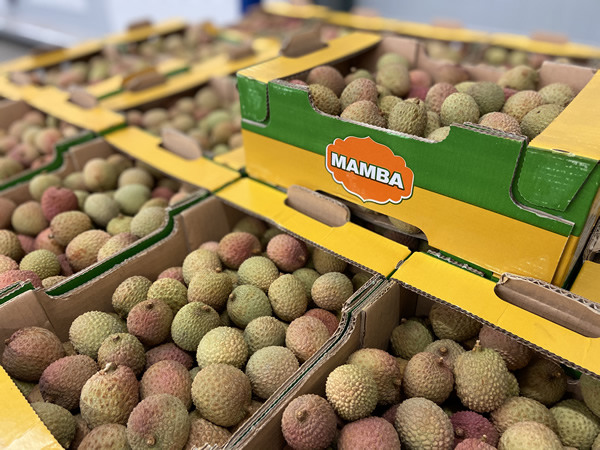
"We started with the Mamba brand in 2001. In 2018, we restyled it. It again looked like something that could meet the demands of the times. We, at Aartsen, always link our house brand to the country of origin. Thanks to this, we can offer added value to our clients as well as our partners."
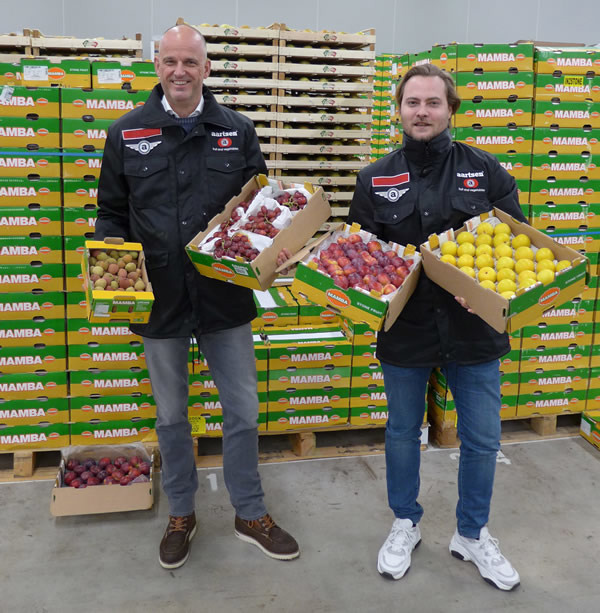
Leo van der Giesen and Niels van Nunen.
Niels describes the current South African stone fruit season as dynamic. "There were enough nectarines and peaches when the season started. Their quality and prices were good. The demand for apricots, nectarines, and peaches, however, dried up in week 50. That has shown no sign of recovery. The large nectarine volumes that were sent made for additional pressure on the market."
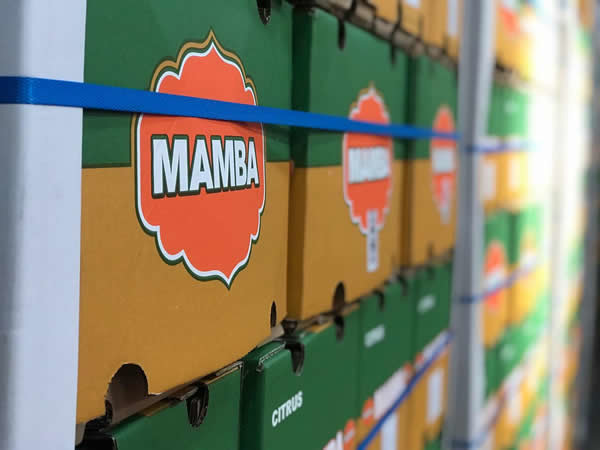
South African plums do not share this situation. "Sales have been smooth up to now. The hot weather in South Africa means the early varieties peaked while they were still small. This means that in total, 30% fewer plums were sent to Europe. The expectation is, however, that there will be a switch to surpluses in mid-February. A bumper crop of varieties such as African Delight and Lady Red", says Niels.
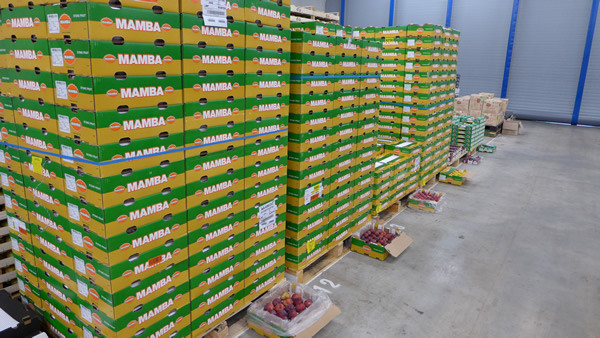
"There are fewer and fewer players in the South African stone fruit sector. So, it remains a challenging package. The new phytosanitary regulations do not make it any easier either. Overseas nectarines, peaches, and apricots are also not niche products. For us, these additional challenges are exactly the incentive we need to continue. In this way, you can show your specialty as an importer."
In contrast, there are more European grape importers. "But even then, it comes down to distinguishing yourself in your work to achieve results," says Leo. "We launched the first grapes in the new Mamba packaging on Friday. This year's season is progressing very differently from last year's.
Then, the European market was flooded by grapes from Peru. That was due to the limited opportunities in other markets. This year, the situation is very different - certainly for the white and blue seedless varieties. I do not see this changing any time soon, either. This is partly because the season in India started late."
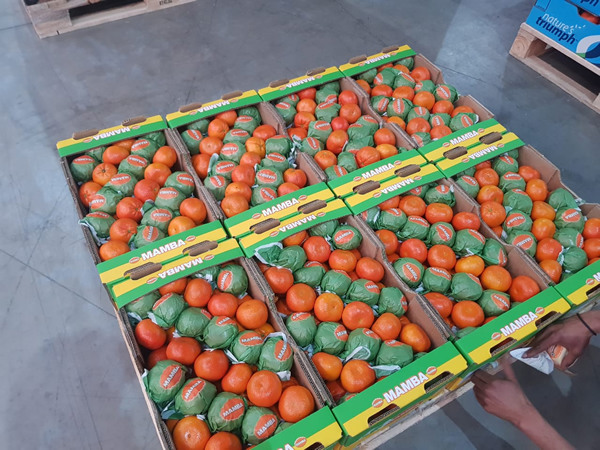
"The grape production in the South African province of Limpopo is considerably lower. That is due to the excessive rain they had there. There is, however, a normal crop from the Orange River and Olifants River areas. Harvesting has only just begun in the Hex River region. A good crop is expected there too. A lot of red grapes come from there. That means the market for red, seedless grapes could become a little more difficult," expects Leo.
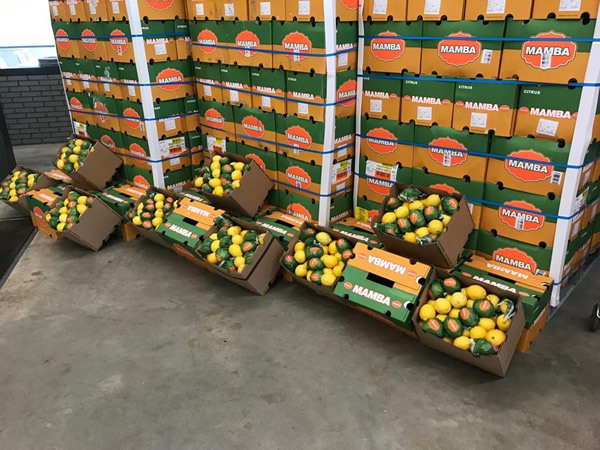
The race for new varieties has begun in earnest again. "The lesser ones disappear, and the stronger ones remain. Selection is now at the research phase. At some point, it will be consolidated. Every market has its own preference. Varieties such as the Ralli, Joybells, Arra, and Autumn Crisp are becoming better-known. On the other hand, the good old Thompson Seedless is a variety we can still sell well."
"We are joining forces with our Asian colleagues. Together, we are putting the Mamba label on the world map," concludes Leo.
For more information:
Niels van Nunen / Leo van der Giessen
Aartsen
Tel: +31 (0) 765 248 130 / 166
Email (Niels): niels.van.nunen@aartsen.com
Email (Leo): leo.van.der.giesen@aartsen.com
Website: www.aartsen.com
